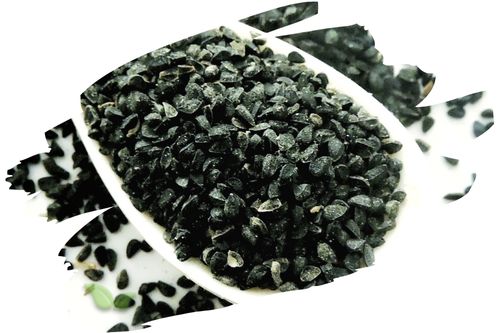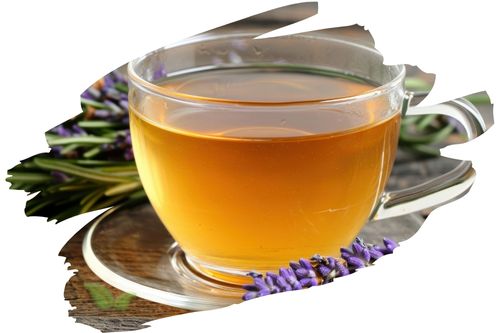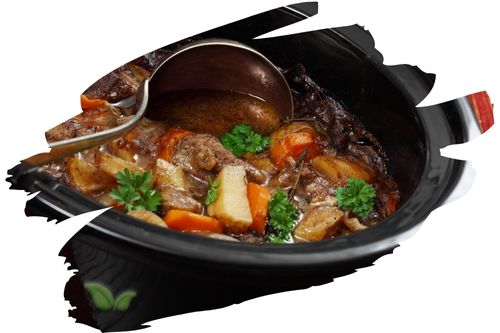
Introduction
Ginkgo biloba, often referred to as the maidenhair tree, is a botanical marvel that has fascinated scientists and nature enthusiasts alike for centuries. With its ancient lineage and enduring presence on Earth, this species has a lot to offer beyond its aesthetic appeal. In this article, we will delve deep into the world of Ginkgo biloba, exploring its history, characteristics, and cultural significance. Join us on this journey as we unveil the secrets of the oldest living tree species.
A Glimpse into the Past
Ginkgo biloba's origins can be traced back an astonishing 270 million years, making it a living fossil. During the time of the dinosaurs, these trees thrived, and remarkably, they remain with us today. The longevity of Ginkgo biloba is a testament to its resilience and adaptability.
The Distinctive Ginkgo Leaves
The most recognizable feature of Ginkgo biloba is its fan-shaped leaves. These unique leaves turn a brilliant shade of gold in the fall, creating a breathtaking spectacle. Ginkgo leaves are a symbol of longevity and endurance, and they hold cultural significance in many parts of the world.
Ginkgo Trees: A Resilient Survivor
One of the most remarkable traits of Ginkgo biloba is its ability to withstand urban environments and pollution. These trees can thrive in challenging conditions, making them a popular choice for urban landscaping.
The Cultural Significance
Ginkgo biloba has deep cultural roots, especially in Asia. In China and Japan, it is considered a symbol of longevity, hope, and resilience. Ginkgo leaves have been used in traditional medicine and cuisine for centuries.
A Living Fossil in Modern Times
Despite its ancient lineage, Ginkgo biloba has found a place in modern medicine and dietary supplements. Its extracts are believed to have various health benefits, although we won't delve into medical aspects here.
Exploring Ginkgo biloba: The Oldest Living Tree Species
As we immerse ourselves in the world of Ginkgo biloba, it's essential to understand its significance and place in both natural history and contemporary culture. This tree's unique features and cultural importance make it a fascinating subject of study and admiration.
Frequently Asked Questions
Q: How old is the Ginkgo biloba tree species? A: Ginkgo biloba is approximately 270 million years old, making it the oldest living tree species.
Q: What is the significance of Ginkgo leaves turning golden in the fall? A: The golden leaves of Ginkgo biloba are symbolic of longevity and endurance and hold cultural significance in many cultures.
Q: Can Ginkgo biloba trees thrive in polluted urban environments? A: Yes, Ginkgo biloba trees are known for their resilience and can thrive in challenging urban conditions.
Q: What cultural significance does Ginkgo biloba hold in Asia? A: In China and Japan, Ginkgo biloba is considered a symbol of longevity, hope, and resilience. It has been used in traditional medicine and cuisine for centuries.
Q: Are there any health benefits associated with Ginkgo biloba? A: Ginkgo biloba extracts are believed to have various health benefits, although it's essential to consult a healthcare professional before using them.
Q: Where can I find Ginkgo biloba trees in urban environments? A: Ginkgo biloba trees are commonly planted in parks, streets, and botanical gardens in urban areas.
Conclusion
Ginkgo biloba stands as a testament to the wonders of the natural world. Its enduring presence on Earth, unique characteristics, and cultural significance make it a captivating subject of study and admiration. As we celebrate the oldest living tree species, let us also appreciate the lessons it offers about resilience, adaptability, and the enduring beauty of nature.
Alert: While spices can have many beneficial properties for health, using them for medical purposes should be done under the guidance and supervision of a healthcare professional or specialist. Some spices may interact with medications or cause adverse reactions in certain individuals, and it is important to use them safely and appropriately. If you are considering using spices for a medical condition, it is important to consult with a healthcare professional before doing so.




















































